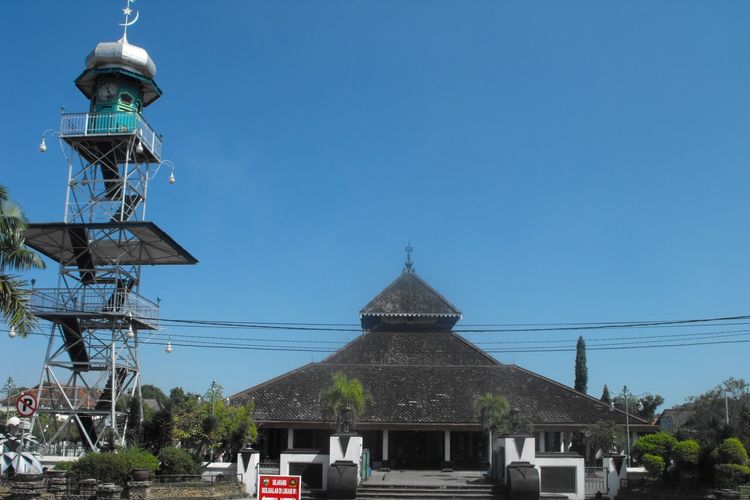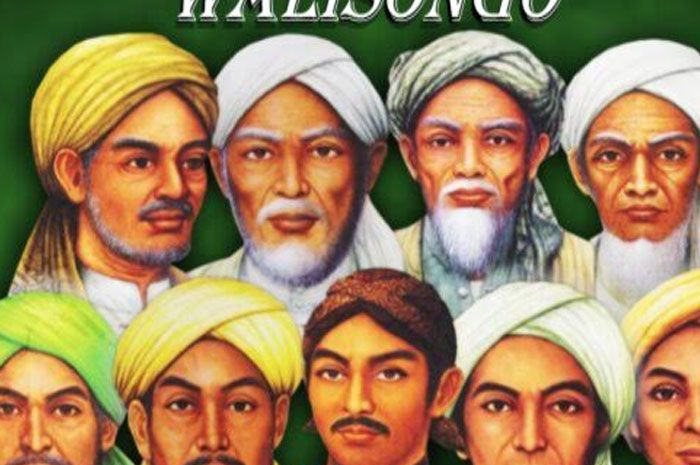

London New York: RoutledgeCurzon.Ĭonnor, L. Medicinal Plant Ecology, Knowledge and Conservation in Kalimantan, Indonesia. The Journal of the Royal Anthropological Institute, 12(2), 413–431.Ĭaniago, I., & Siebert. Sorcery, Corruption, and the Dangers of Democracy in Indonesia. Bijdragen Tot de Taal, Land-En Volkenkunde, Deel 149(ieste Afi), 77–93.īubandt, Ni (2006). The Development of Colonial Health Care in Java An Exploratory Introduction. Bijdragen Tot de Taal, Land-En Volkenkunde, 149(1), 3–21.īoomgaard, P. Poisons and Antidotes Among the Taman of West Kalimantan Indonesia.

Dokter Jawa dan Mantri Kesehatan dalam Sejarah Kesehatan Indonesia pada Masa Kolonial https///dokter_Jawa_dan_Mantri_Kesehatan.īandel, K. Journal of the Malaysian Branch of the Royal Asiatic Society, 68(1 (269)), 81–89.Ītkinson, J. Improper use can cause discomfort in the community, and academically the both term actually refers to a completely different subject characteristics.Īli, Z. Because of the different principle meaning the both terms should not be generalized and used appropriately and wisely. Dukun are often understood negatively, meanwhile the wong pinter has more positive connotations. In Temanggung, Central Java, though this general understanding is still common, there is distinction in the specific details and characteristics of the dukun and wong pinter. In fact, not all shamans have negative behaviors. They are also predicated to charge to the patient and even willing to help witchcraft to harm other people. In particular, the dukun and wong pinter are generally understood as persons who have extraordinary or even supernatural powers, are capable of communicating with spirits and understanding the unseen, can generally help resolve issues faced by members of their communities, including illnesses, spiritual disturbances, lost items, unfortunate fates, etc.

Dukun, wong pinter, and other terms, commonly constitutes to the term of shamanism, are often interpreted in the same way.


 0 kommentar(er)
0 kommentar(er)
